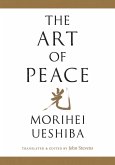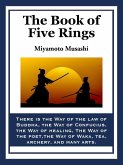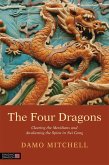This little book may be looked upon as a curious manifestation of the movement among Foxes. The Editor ventures to send it forth, for an agreeable reminiscence to many who assisted in scenes which it describes; for some little instruction to sportsmen who have had less experience than himself; and for the common entertainment of all who like to listen to the way of the world in the woods. No Master of Foxhounds, alive or dead, has a greater right to be heard than Mr. Thomas Smith. “The proof of the pudding is in the eating,” and though it is not altogether true that the proof of the ability to show sport is the number of Foxes’ noses on the kennel door, the fact that Mr. Smith killed ninety Foxes in ninety-one days’ hunting in a Country which has no great reputation as a scenting country, is a piece of evidence in favour of his knowledge of woodcraft, and of his skill in applying it, which cannot be gainsaid, the more particularly when we take into account the epoch during which this remarkable feat was achieved. It is true that Mr. Smith hunted Hounds when the modern system of getting away close behind the Fox, and trying to burst him, had superseded the system that prevailed before 1750 of dragging up to the Fox and trying to hunt him down at the end of a long chase with Hounds that would have been beaten for pace in the first mile by those of Mr. Osbaldiston and Mr. Smith. But much of the contemporary evidence goes to show that Foxes were wilder in Mr. Smith’s time in the sense that they probably had to travel long distances for their food, as there were fewer small coverts than exist to-day. Consequently there were fewer Foxes.
Bitte wählen Sie Ihr Anliegen aus.
Rechnungen
Retourenschein anfordern
Bestellstatus
Storno









